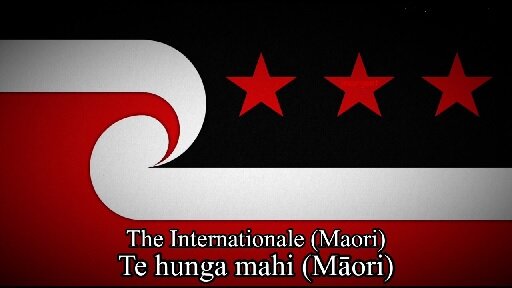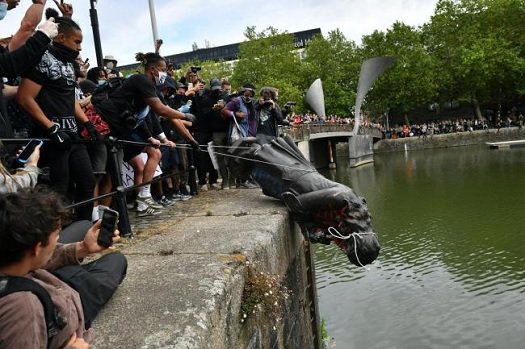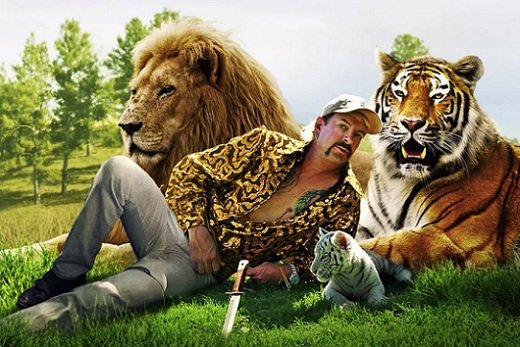
Like many, a majority, of my fellow citizens, I have celebrated Canada Day in the past, as a brief glance at my blogs on July 1 will attest. I celebrated this land—soaringly beautiful, one that mere imagination could never rival. As a white immigrant, I was showered with opportunities, of which I took full advantage. I loved the possibilities that the country seems to present, even on the political plane.
The strange thing is that I was aware for many years of our colonial history, the residential schools, the torture and killing and vile medical experimentation that went on in them. I read Dr. Peter Bryce’s devastating pamphlet years ago. I knew about John A. Macdonald’s genocidal policies against the Plains First Nations, his use of deliberate starvation, complete with sadistic Indian agents.
And do we think this sort of thing stopped there? In fact, through a mixture of racist malevolence, indifference and incompetence, some Inuit were starving to death in the late 1950s (“‘The saddest time of my life’: relocating the Ahiarmiut from Ennadai Lake (1950-1958).” Polar Record, 2010. 46 (237): 113-135).
Yet I celebrated with the rest of us. Flag. BBQ. Downtown Ottawa. Fireworks.
As an activist and a leftist, I joined in the national somnambulism of Canada Day. I put the privilege of this older, white, financially secure man on display. Year after year.
First Nations, Inuit and Métis must be beside themselves at this point. Having borne their imposed, sordid history as part of their cultures from first contact, many remain in dispiriting poverty. Too many First Nations live in dilapidated reserve villages in remote areas to which they were shunted so that prime land could be distributed to settlers; they still can’t drink the water on many of them, despite the relatively low cost of fixing this problem. Unbelievably, fantastically, the Liberal government is currently fighting a court battle for the right to discriminate against First Nations children—defying our newly-awakened Parliament.
Meanwhile, Inuit kids commit suicide at nine times the national average. Many suffer from deafness, arising from ear infections caused by stuffy, overheated, overcrowded European-style housing, into which the Inuit population was dragooned in the 1950s.
We’ve known all this for years. And the indigenous peoples know that we’ve known.
But somehow the “discovery” of children’s unmarked graves in Kamloops (local First Nations people had always been well aware of them) managed to make our incomplete, ignoble history of racism and colonization burst into the popular consciousness. This was a “discovery” entirely analogous to the “discovery” of the Americas itself.
First Nations are not, and have never been, a “people without history,” to use Eric Wolf’s phrase. Rather, it is we, the beneficiaries of colonial privilege, who possess an incomplete, romantic concept of “Canada,” riddled with lacunae and triumphalist statuary and self-serving inventions of every kind.
But there are times we simply can’t look away. The atrocity that was the residential school system had been safely tucked into a past that we could pretend to abhor, while the work of settler oppression quietly continued. But past met present in an ugly cataclysm a few short weeks ago. Real graves of real sick, tortured and abused children are not historical abstractions. Something immovable and concrete was put in our way. And hundreds, perhaps thousands more graves remain to be located, colouring Canada’s future as well.
We can mourn, we can refuse to celebrate. But how do we move forward? Our indigenous cohabitants need more than white guilt, remorse and self-pity. How much has come of the Truth and Reconciliation Commission’s 94 calls to action? How much longer will our government, under strict obligations set out in the Royal Proclamation of 1763 and subsequent nation-to-nation treaties, keep resisting its legal and moral obligations to the first peoples?
This question may remain semi-rhetorical. Canadian politics being what it is, there is a distinct possibility that the current shock and outrage will be allowed to fade. We can’t let that happen, but how do we ensure that it won’t?
Today I am no longer standing on a solid ground of comfortable history. I’m in freefall. I feel vertigo, and the nausea that accompanies it. I don’t know what “Canada” is any more, or how it can be reimagined and rebuilt.
I know I am not alone. But, like many others, I am listening more than I ever have before to what the first peoples are saying. And I’m putting my old, white shoulder to the wheel.












Recent Comments